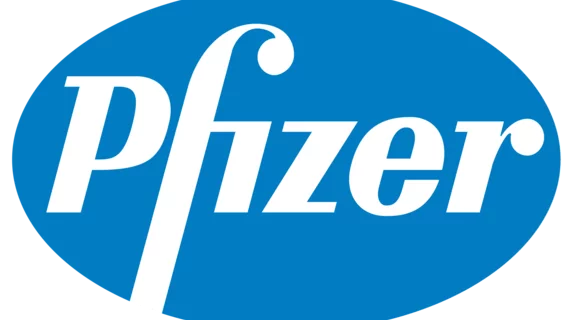Pfizer COVID-19 vaccine sales to reach $15B
Pfizer, the drug manufacturer with one of just a few approved Covid-19 vaccines on the market, is set to pull in more than $15 billion in revenue in 2021 from its entrant, according to S&P Global.
For perspective, that’s about as much as the drug giant’s top three best-selling pharmaceutical products. In total, Pfizer will deliver roughly 2 billion doses of its vaccine, which is administered in two doses to be completely effective, in 2021. By the end of May, more than 200 million doses are projected to have been delivered.
Currently, there are three FDA-approved COVID-19 vaccines in the U.S. market, including versions by Pfier-BioNTech, Moderna and Johnson & Johnson. All told, the U.S. has administered more than 127 million vaccine doses as of March 22, according to the Centers for Disease Control and Prevention.
While Pfizer is already well on its way to delivering hundreds of millions of doses, revenue from the shot is somewhat tricky to predict, Pfizer executives said during the company’s recent quarterly earnings call, as reported by S&P Global. However, revenue estimates rose after emerging issues with AstraZeneca, which has been administering an approved vaccine in Europe but faced challenges. Further, Pfizer’s competitor, Johnson & Johnson’s vaccine is not proven to be as effective as Pfizer’s and Moderna’s vaccine options.
While Pfizer puts the revenue for its COVID-19 vaccine in the $15 billion range, some analysts think it will be higher. Overall, the company’s 2021 revenue is anticipated to top $60 billion.

